FORT LEAVENWORTH, Kan. (Nov. 24, 2010) - As a young boy raised in a community of Native Americans, Maj. Michael Marciniak used to ask his mother why he couldn't have brown skin like his cousins.
As an adult, Marciniak has learned to be proud of his heritage - as a member of the Lumbee tribe and an American.
"The Lumbees, by whatever name have been called through the centuries, have always known themselves as Indians," Marciniak said. "We are not defined by our narrower definitions of what defines an American Indian."
Marciniak spoke at the Fort Leavenworth Native American Heritage Luncheon Nov. 18. Performers from Haskell Indian Nations University in Lawrence, Kan., danced and sang traditional songs from several Native American cultures.
Marciniak, a member of the Army National Guard for 21 years, is a student in Intermediate Level Education class 2011-01 at the Command and General Staff College. He has a Native American mother and a Polish father.
The Lumbees are a tribe from Robeson County, N.C. While Marciniak said they aren't sure where they came from, there are many theories about the tribe's history.
One theory is that the tribe was descended from a union between a British "lost colony" started by John White and the Hatteras Island Indians almost 500 years ago. The mystery of the colony, which had disappeared leaving only the word "CROATAN" carved into a post, has never been solved.
Because of the belief that the Lumbees could have descended from those who helped some of the first colonists in America, Rep. Hamilton McMillan introduced state legislation to recognize the tribe in 1885. This allowed support for an education institution for the tribe, which eventually became de-segregated and today exists as the University of North Carolina at Pembroke. Marciniak obtained his bachelor's degree there.
In 1956, Congress recognized the Lumbees as Native Americans. However, they were excluded from federal services provided by the Bureau of Indian Affairs. Marciniak said the tribe is the only one in the nation not yet fully recognized. They are seeking recognition in a bill this year that passed the U.S. House of Representatives but has been awaiting a final vote in the Senate for some time.
Marciniak said even without federal support, his tribe is proud of their many successes - maintaining an institution of higher learning, starting a bank and their own Southern Baptist association. Most of the Lumbees have adopted a protestant religion, Marciniak said, which is a central part of their culture.
"As a people, we have done more than survive," he said. "We have flourished."
Marciniak said learning to defend one's tribe and one's freedom is a big part of the Lumbee culture.
"You're raised in this fashion where they honor you to be in the military," he said. "To serve your country - that's just what you're supposed to do. To defend this country and defend your tribe and defend your people and your land, you're just supposed to do that."
Marciniak proudly showed a photo of the Native Americans who served with him in Iraq in 2009.
"That's what it is to be honored and that's what it is to be a warrior," he said.
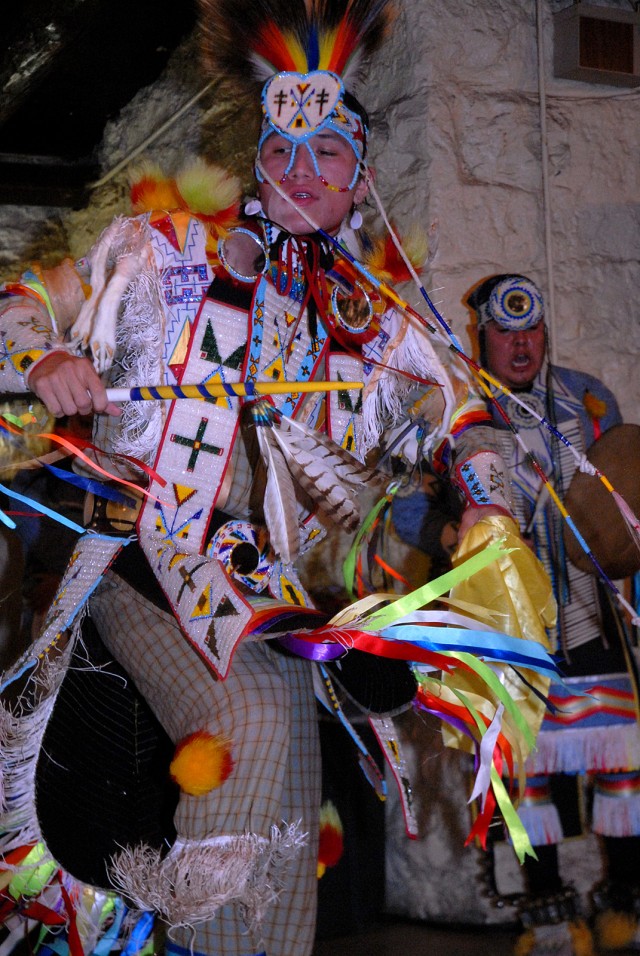
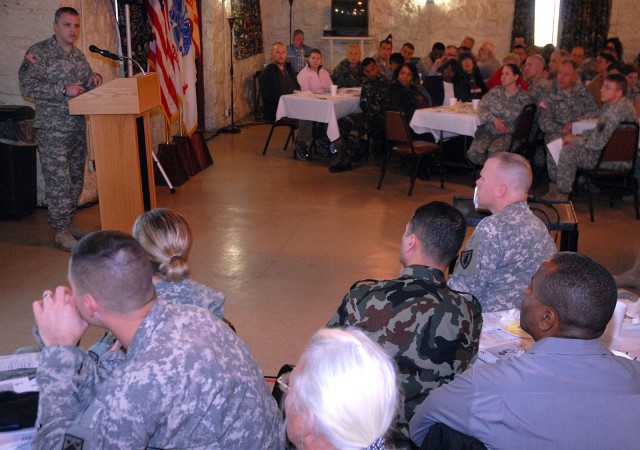
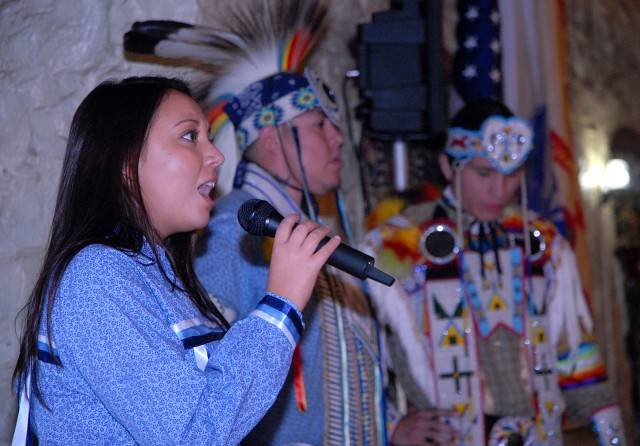
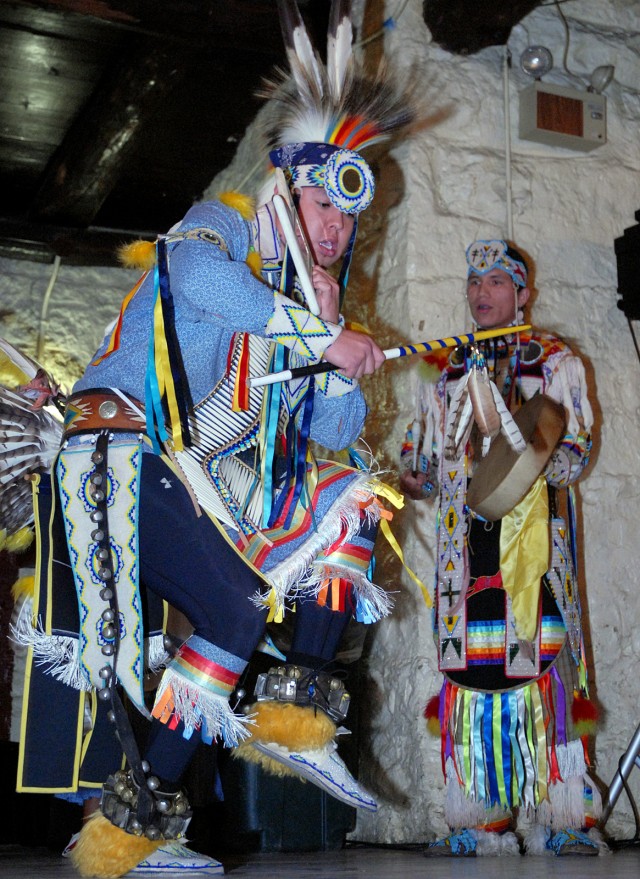
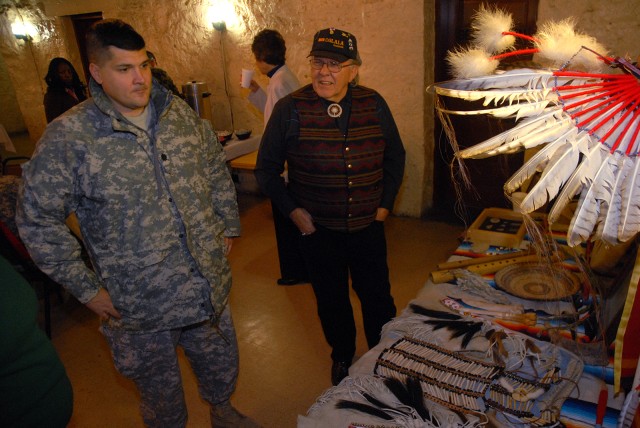
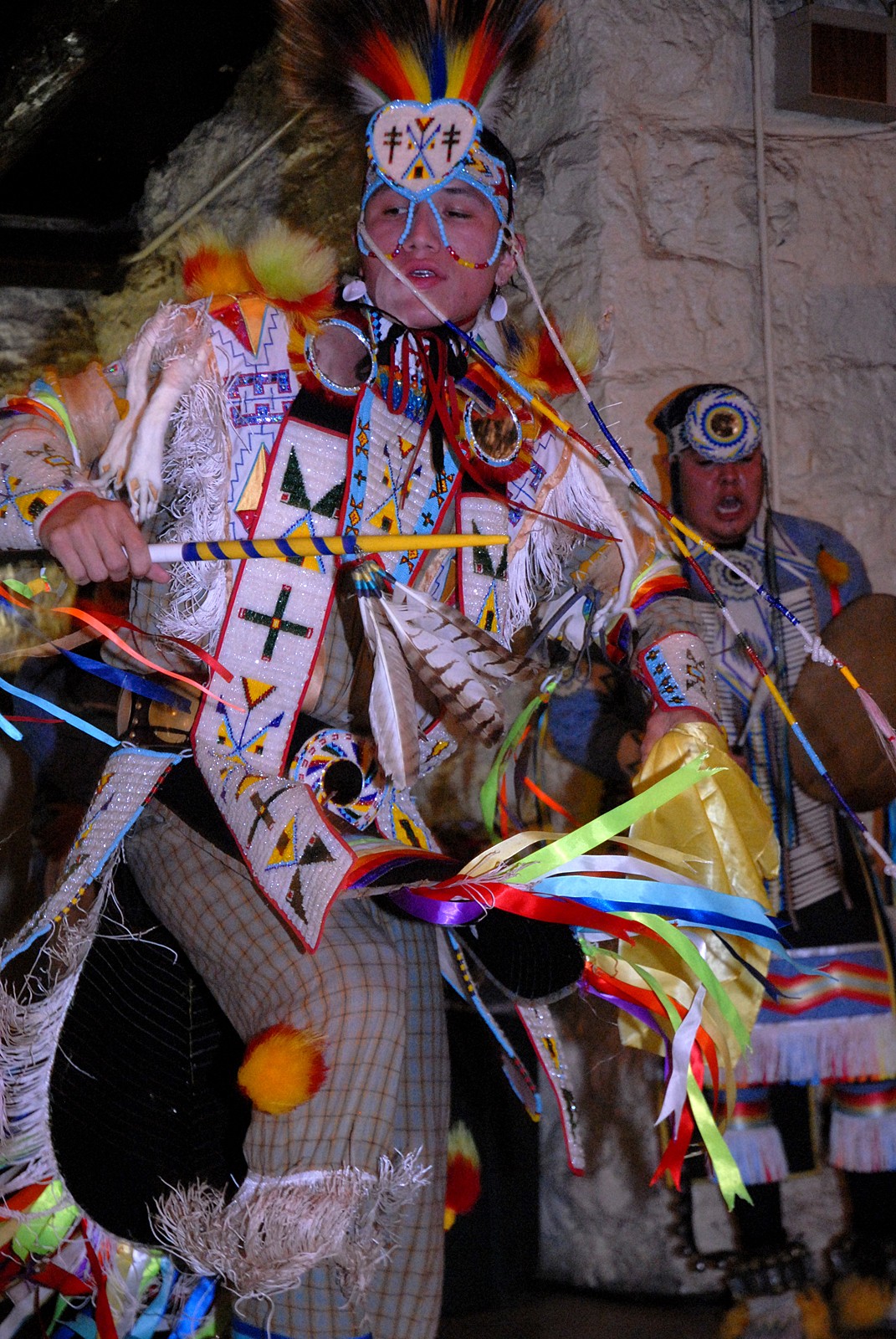
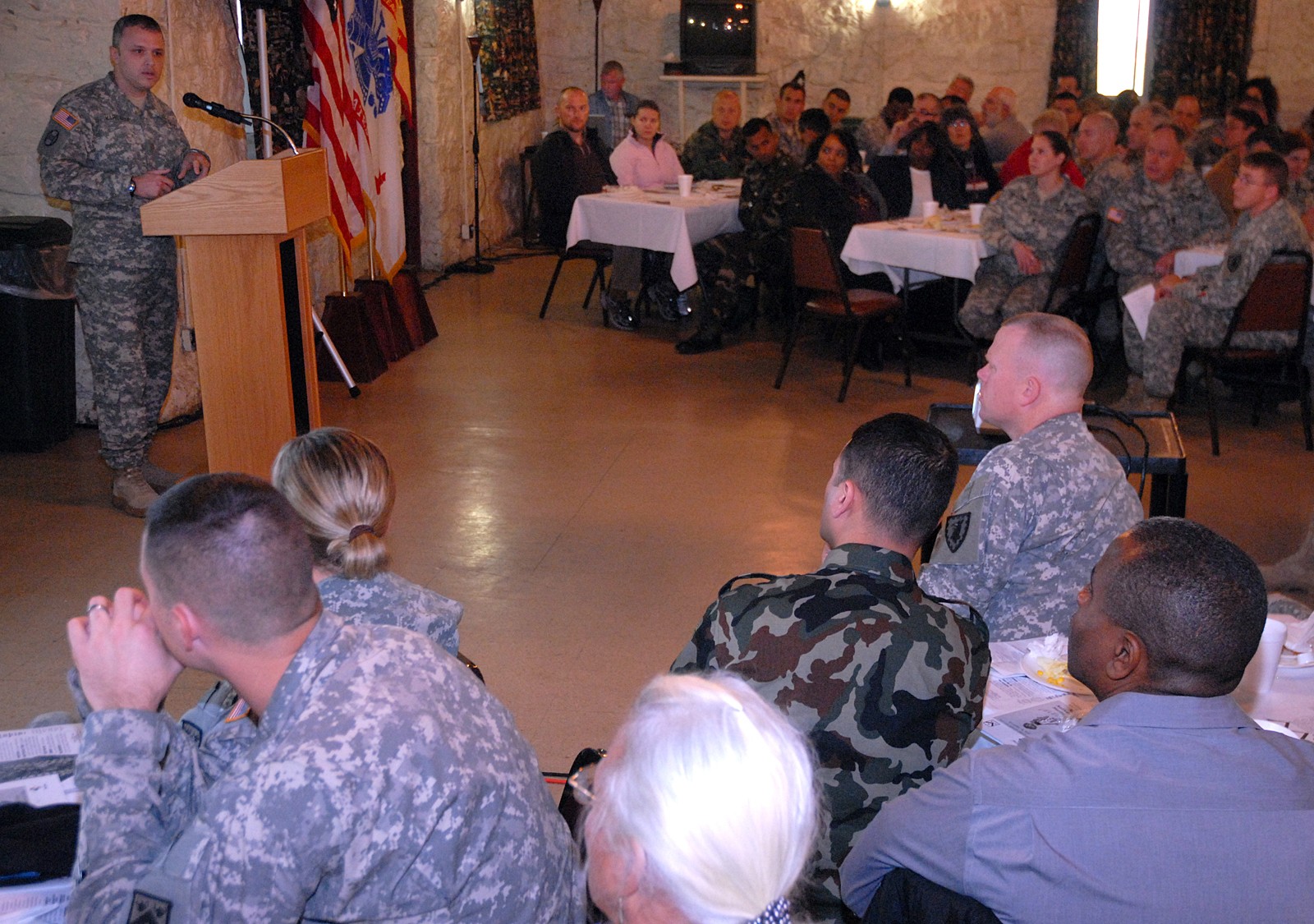
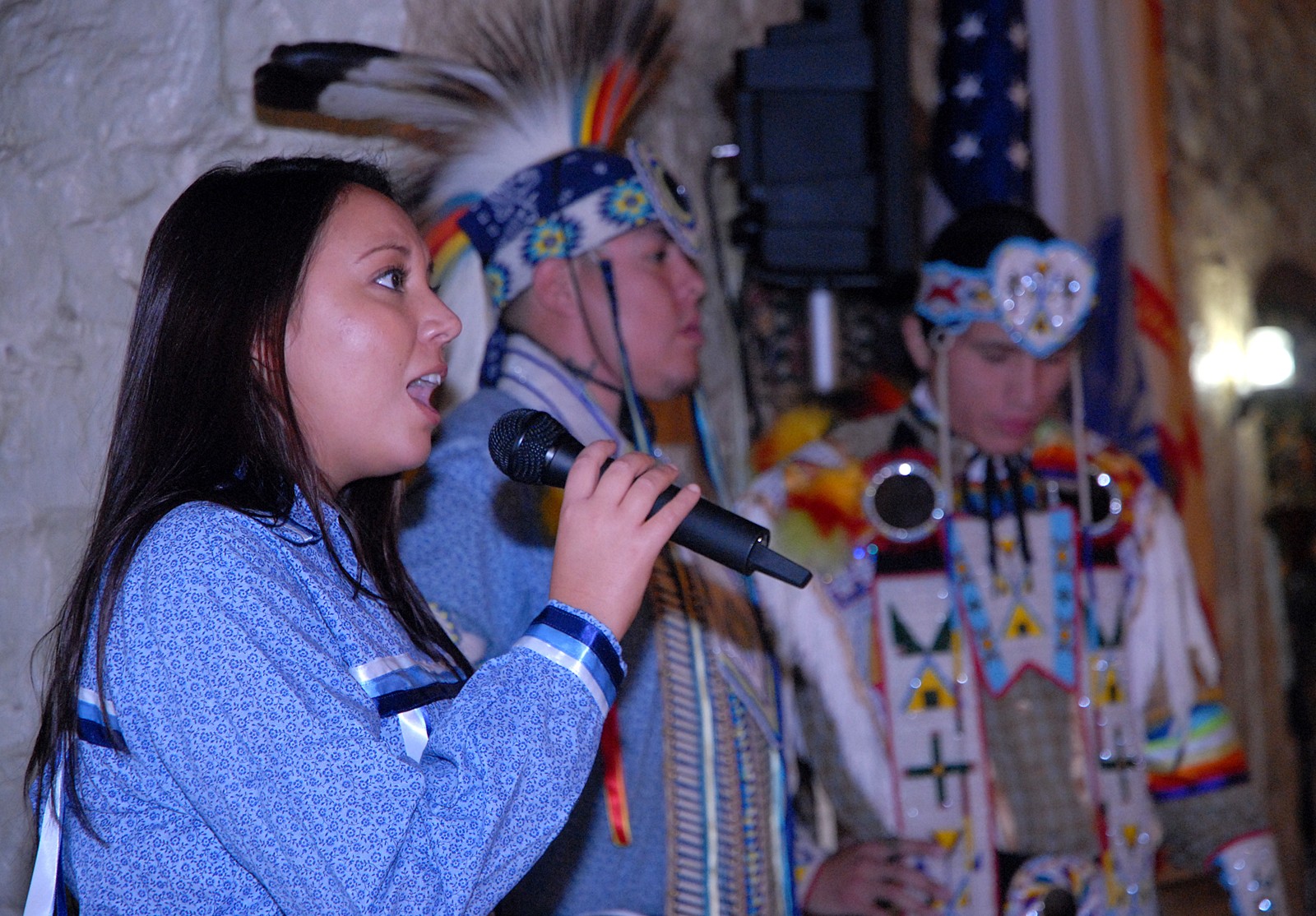
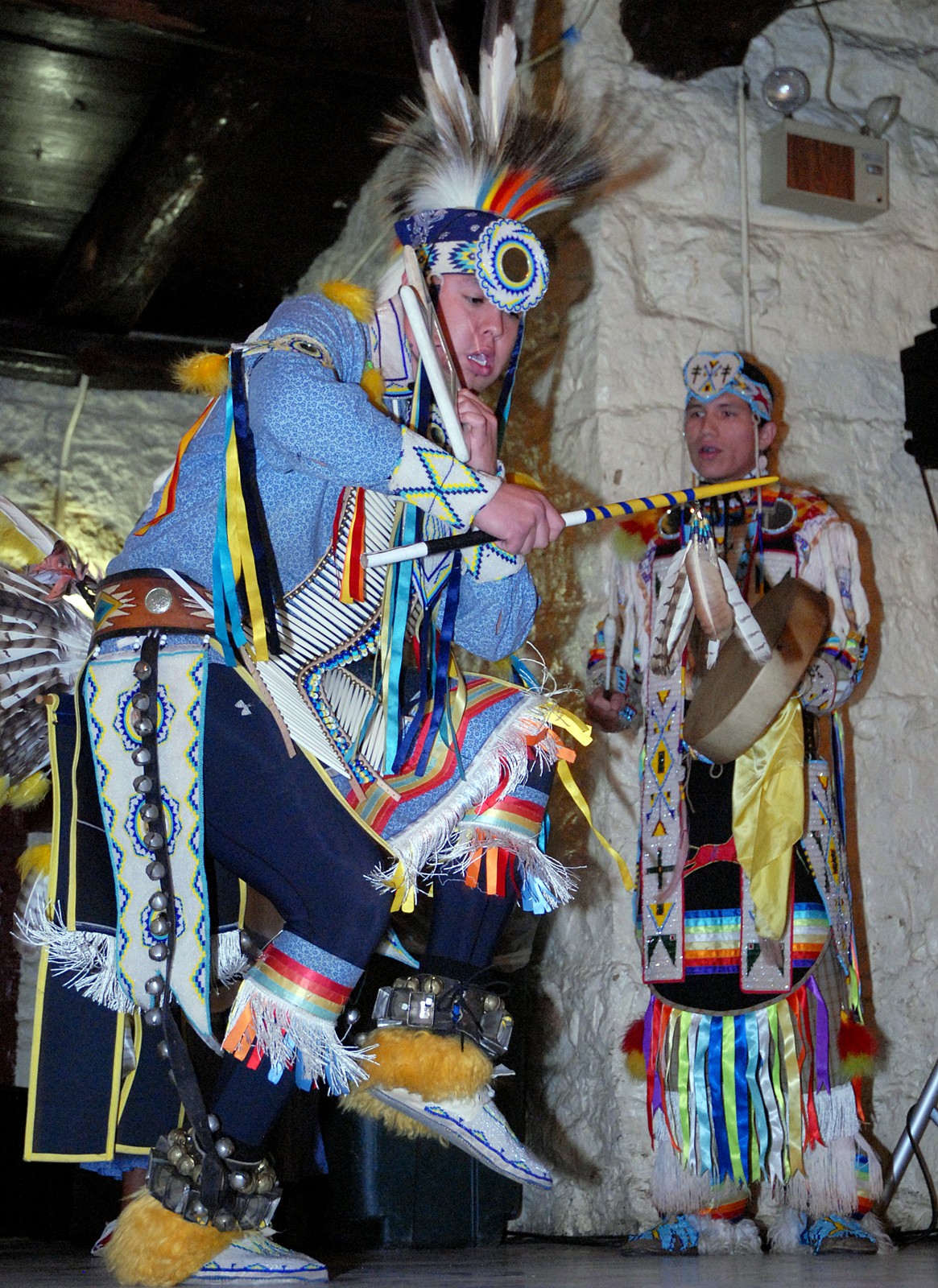
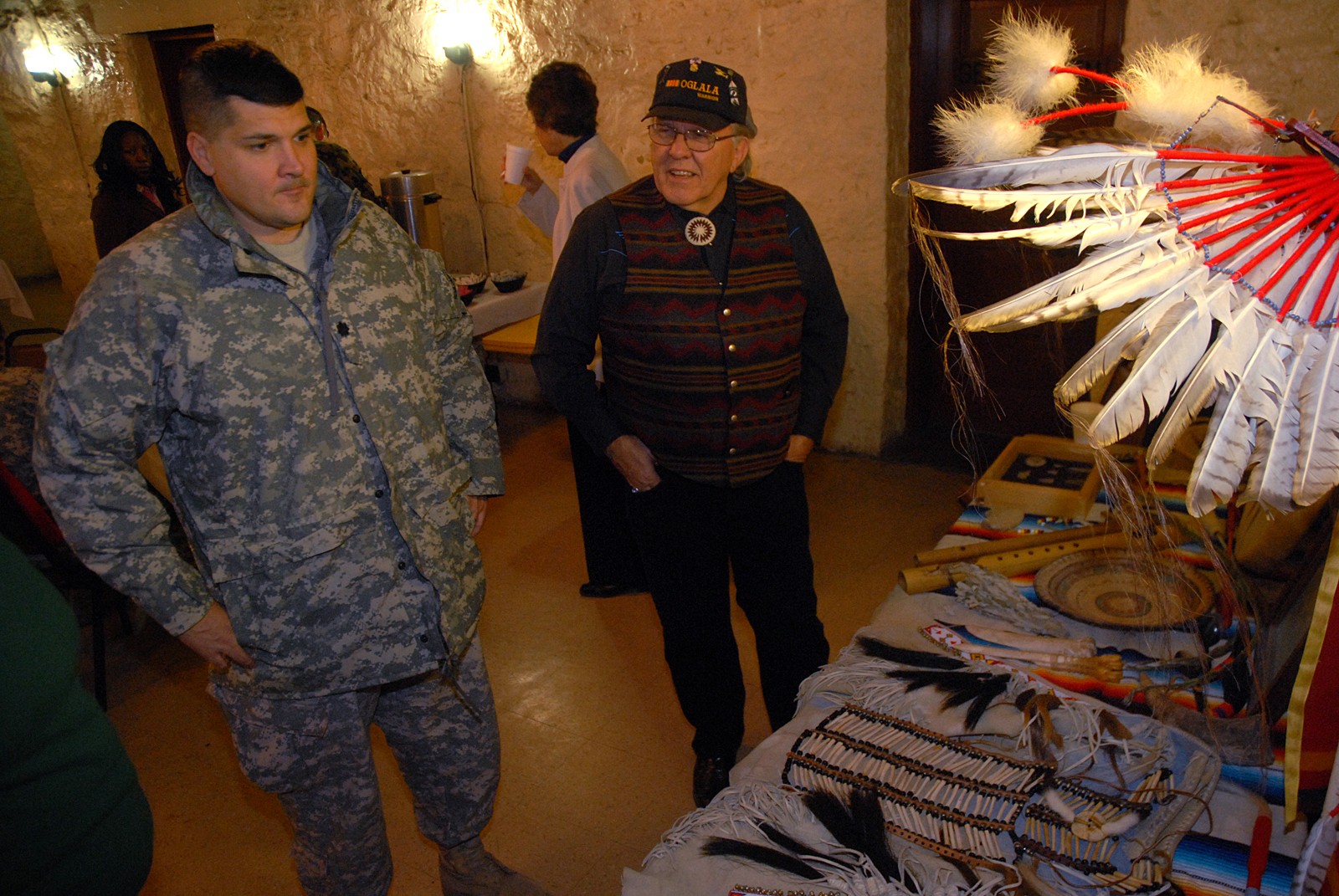
Social Sharing